Is it a good idea to RUN with a WEIGHTED VEST?
Running is an excellent form of exercise for the body, offering many health benefits. However, for some runners, simply running doesn't meet all their objectives.
In this quest to surpass themselves, they opt for the use of an extra load: but is it really beneficial to run with a weighted vest?
In this article, we'll look at the benefits of using a weighted vest in running, as well as the precautions to take. We'll also give you the best practices for using them safely and effectively!
Let's go 🔥🏃♂️
The benefits of running with a weighted vest 💪
Running with a weighted vest brings real benefits, both for health and performance. Here are the various benefits:
1- Improved strength and endurance
Adding weight to the body intensifies resistance and effort. This places greater demands on the muscles, leading to greater muscle mass, especially in the legs, back and trunk.
This added weight also optimizes endurance and respiratory capacity during exercise. The heart and lungs adjust to the additional weight and become more efficient, enabling you to run longer without fatigue.
Your cardio will improve dramatically!
2- Increased caloric expenditure
The weighted vest raises calorie expenditure above that of a normal run. The extra weight intensifies basal metabolic rate, the energy expended during and after activity. As a result, total energy expenditure increases, promoting fat loss.
This method can therefore be a valuable ally in achieving your weight and fitness goals.
3- Improved posture and balance
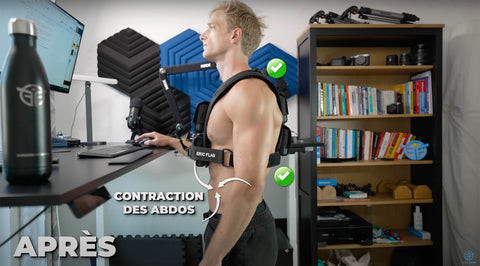
The use of a weighted vest can also help improve posture and balance. The additional weight encourages an upright, aligned posture, preventing back pain and joint injury. Proper weight distribution avoids imbalances and compensations, improving stability.
Run with a weighted vest: precautions to take ⚠️
Running with a weighted vest presents certain risks. Taking precautions is crucial to minimize the risk of injury. Here are the main disadvantages and measures to adopt for safe running:
Increased risk of injury
Adding weight puts extra pressure on muscles, tendons and ligaments. We advise you to start with a weighted vest at 5% of your body weight, and don't increase it beyond 10% for the time being. This gradation helps to avoid overloading the body.
A good warm-up routine before running and stretching afterwards are essential to prevent muscle soreness and contractures.
Impact on joints
The additional weight also increases stress on the joints, especially the knees and ankles. The ideal is to opt for a weighted vest adapted to your morphology, close to the body, which distributes the weight evenly and doesn't hinder movement.
You need to vary the sessions with and without a weighted vest to allow the body to regenerate and not overload it.
Possible breathing difficulties
Excess weight can compress the ribcage, which can lead to more difficult breathing, causing fatigue more quickly. Choose a vest that doesn't constrict the chest too much and allows free breathing.
Adopt a moderate pace, respect your maximum heart rate and think about your breathing.
Tips for running with a weighted vest ✅
Incorporating a weighted vest into your training offers many advantages. Here are a few tips to help you get the most out of running with a weighted vest, in complete safety:
Choosing the right weight

Your choice of vest weight should be perfectly in line with your current level and your specific objectives. Avoid excessive weight that could cause injury or impair your running technique.
Conversely, a weight that's too light may not be very stimulating. Opt for a load representing between 5% and 10% of your body mass.
We recommend our adjustable weighted vest which will allow you to modulate the weight according to your progress and needs.
Frequency of use and progress
Daily use of a weighted vest is not recommended ❌
Alternate training sessions with and without the vest to allow your body to recover. Incorporate the weighted vest into your running sessions, taking into account your level and training routine.
Gradually increase the weight of the vest according to the 10% rule, without exceeding this limit at each stage, and with at least two weeks between each increase.
Maintaining good running technique

Adding a weighted vest to your training can change your stride and posture. It's vital to maintain impeccable running technique to avoid injury.
Make sure you run with your back straight, your shoulders relaxed, your gaze fixed ahead of youand your breathing fluid ✅
Adapt your speed too, opting for a moderate pace that doesn't push you to exhaustion. Listen to your body and don't push yourself beyond your limits.
Conclusion
Incorporating a weighted vest into your workout can offer many benefits, such asmuscle strengthening, greater caloric expenditure, and improved posture and balance.
However, you need to be aware of the associated risks, as outlined above.
To get the most out of this practice while minimizing the dangers, it's crucial to take certain precautions: choose an appropriate weight, gradually increase the difficulty, vary the types of training, adopt an effective running technique and, above all, listen to your body.
By following these tips, you can maximize the benefits to your performance and health, and get 100% out of running with a weighted vest.
If you want to equip yourself, we recommend our weighted vest which can be adjusted up to 20kg. Thanks to its adjustable strap, it will fit you perfectly 💪
Our weighted vest is suitable for weight training, street workout, running and crossfit.
I hope you enjoyed this article, don't hesitate to leave a comment if you did!
Enjoy your run 🏃♂️
Eric Flag


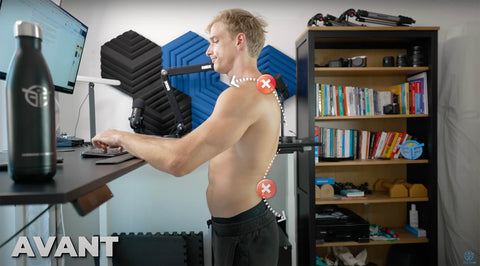
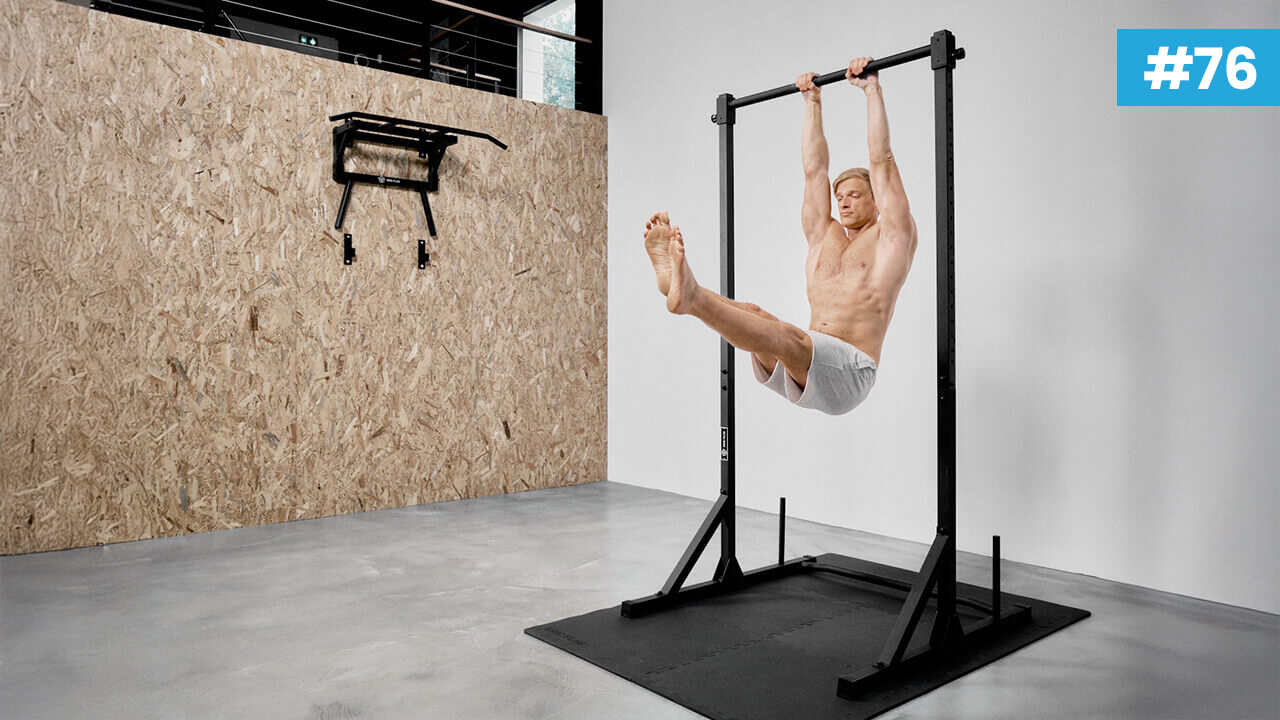
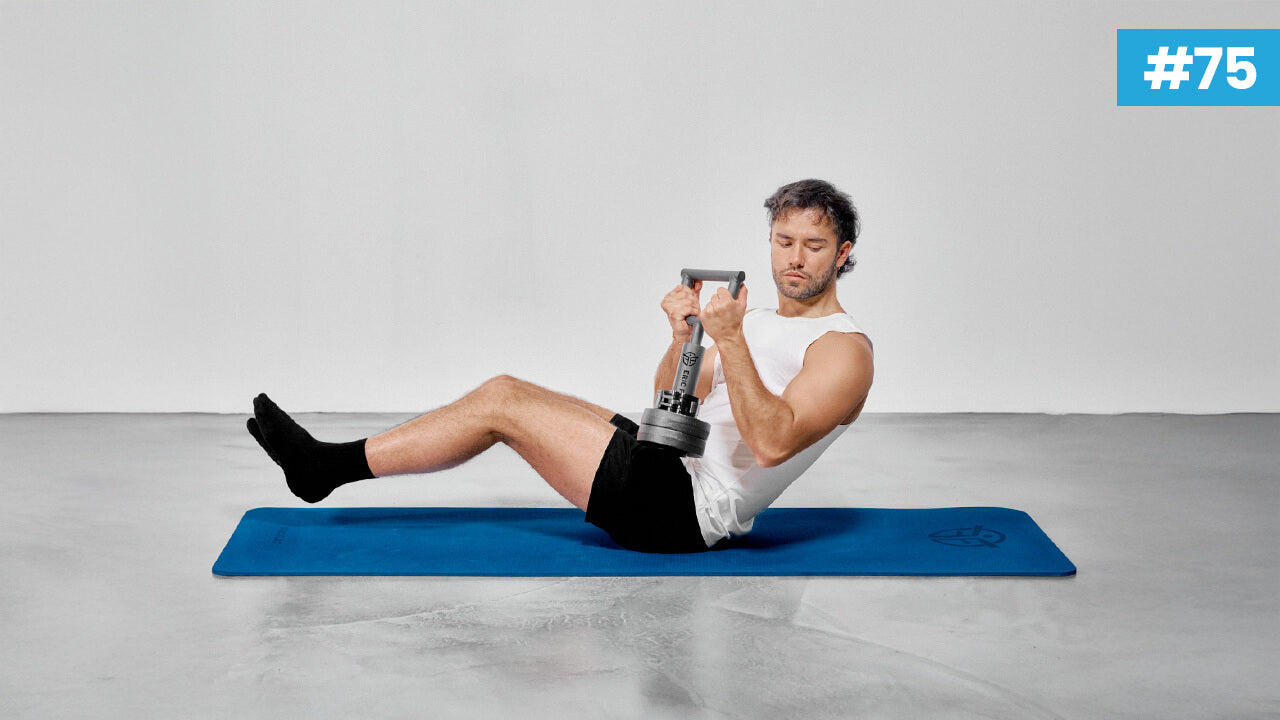
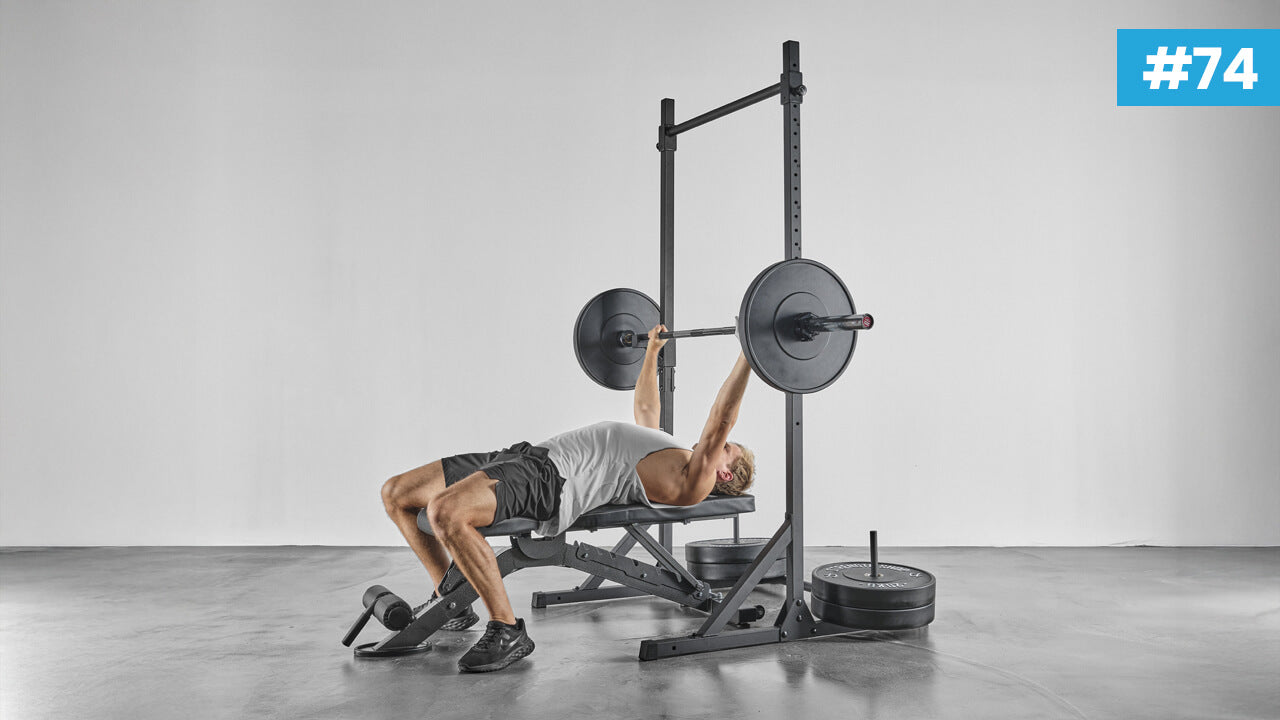

8 comments
Guten Tag,
vielen Dank für den informativen Artikel, dem ich folgen werde. Ich habe eine Gewichtsweste und werde sie so anwenden, wie Sie beschrieben haben. Ihre Zeilen sind sehr hilfreich. Ich fühle mich mit meiner Weste sehr wohl und nehme sie sehr gerne 2-3x in Woche zum Walken.
Liz 4. Dezember 18.27
Elisabeth Groß
This weighted vest looks great!
Nath
I'm such a fan, it makes me want to add weighted running to my boxing. Thanks Eric. Bonne continuation.
Dewavrin
Personally, I've done several workouts with a weighted vest. The article is well written and gives good advice.
Sébastien
Very complete and interesting article.
I agree with the various points raised. For running, you really need to have the right technique (straight leg, heel start, etc.) otherwise there's a high risk of pain/injury during and after the run.
Bo
Great article!
Romain BERGER
Hello tjrs articles interesting and very well constructed thank you again for all your advice
Olivier
Thanks for the very interesting article
Ferrero Pascal
Leave a comment
This site is protected by hCaptcha, and hCaptcha's Privacy Policy and Terms of Service apply.